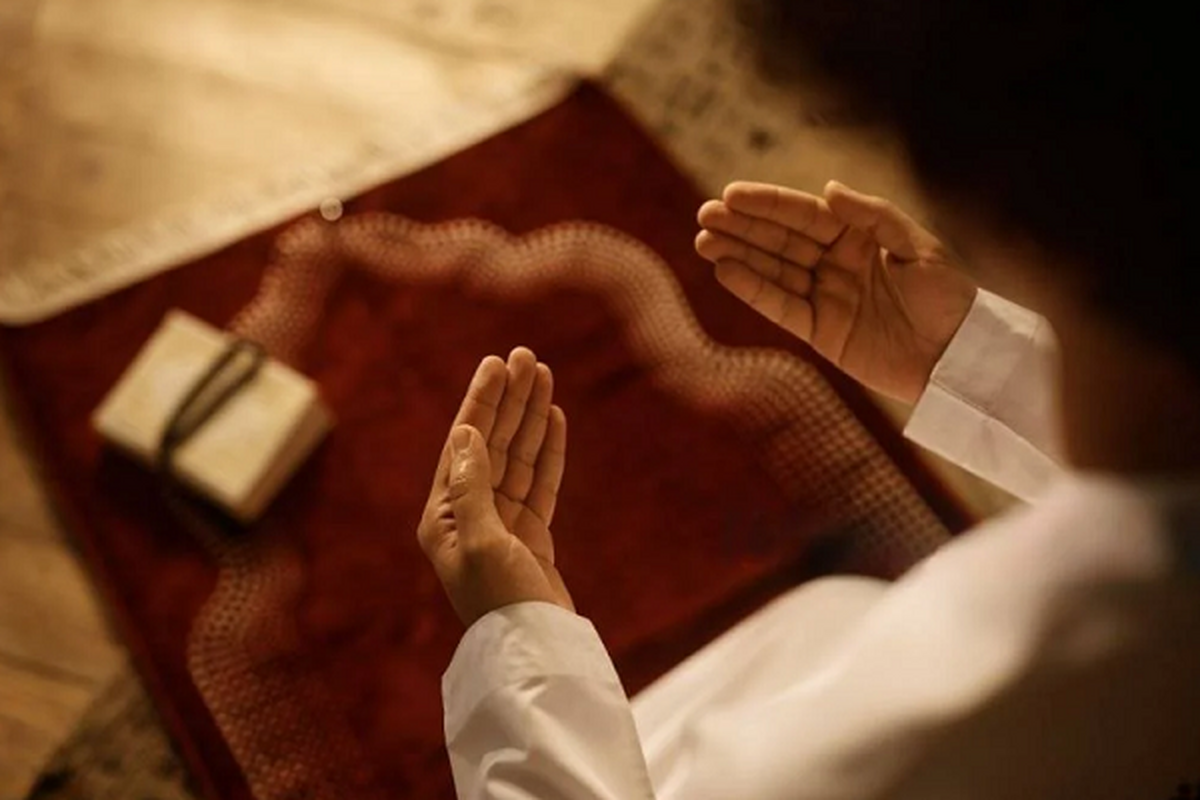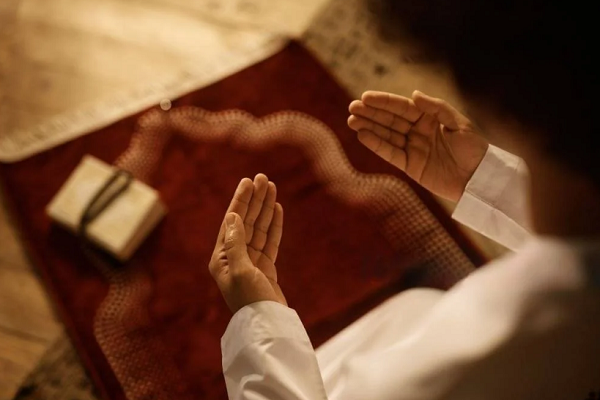Islamic Values and Enhancing Self-Control


It stresses that one should focus on keeping an eye on his own behavior and that of his relatives rather than paying attention to others’ shortcomings and faults.
A believer’s Nafs is the path to guidance and one that leads him to salvation. In fact, Nafs is the reason why a person achieves happiness or gets to deprivation.
The Holy Quran in various verses underlines the need for controlling and watching over the self.
The Holy Book says in Verse 105 of Surah Al-Ma’idah: “Believers, look after your own Nafs (souls), he who goes astray cannot harm you if you are guided.”
So, based on this verse, believers should take care of their own self and not get affected by others’ deviation. They should know that God will judge those who go astray. They should also recognize that the truth remains the truth even if people abandon it and falsehood remains falsehood even if people hold on to it.
If one seeks to find faults with others, he will be unable to see his own faults. This verse warns believers against forgetting themselves. The deviation of others should not weaken one’s resolve to strengthen his self-control and achieve guidance. If one tries to rectify others’ faults before rectifying his own Nafs, he may lead them astray but if he focuses on his own Nafs, others’ deviation won’t harm him.
According to a Hadith: Rectify yourself and do not try to find others’ faults because if you are good-doer and pious, others’ deviation will not harm you.
Read More:
The Quran also urges looking after one’s family. “Believers, guard yourselves and your families against the Fire the fuel of which is people and stones, over which there are harsh, and stern angels who never disobey Allah in that which He orders and do what they are ordered.” (Verse 6 of Surah At-Tahrim)
The phrase “the Fire the fuel of which is people and stones” means that everyone will get reward or punishment only for his own deeds. God will not punish anyone for others’ actions. On the Day of Resurrection, if one’s deeds are mostly good, he will enter paradise and if they are mostly bad, he will receive punishment. So believers should guard themselves against all dangers, including the danger of following worldly desires and sins, otherwise, his deeds will lead him to the fire of hell.


